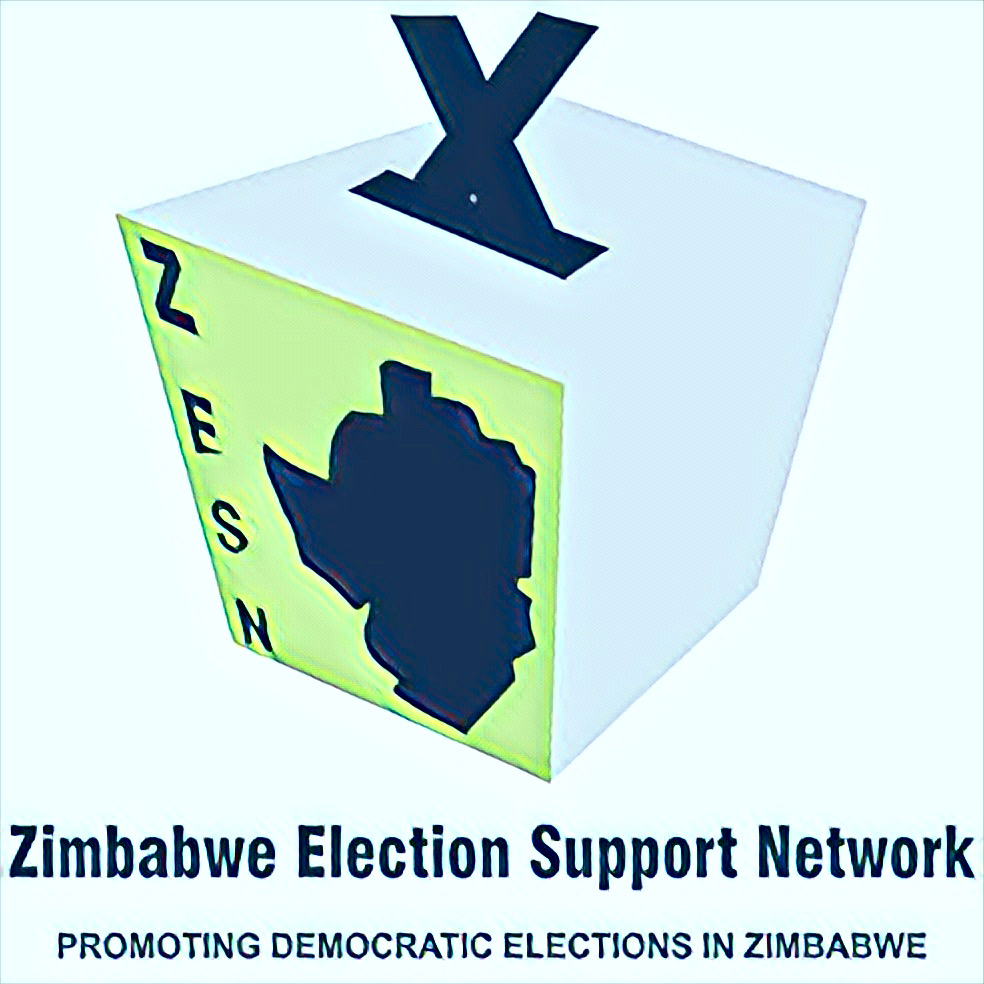In recent local authority by-elections held in Zimbabwe, the Zimbabwe Election Support Network (ZESN) has sounded a clarion call to political factions to intensify their efforts in enlightening citizens about the significance of their participation in these electoral processes. This plea comes in the wake of observable apathy, as evidenced by the modest voter turnout recorded during the by-elections of March 9 in Harare’s Ward 36 and Chinhoyi’s Ward 4. This piece endeavors to dissect the implications of such electoral engagements and underscore the pivotal role they play in the fabric of local governance.
The essence of municipality by-elections transcends mere electoral exercises; they are the bedrock upon which the edifice of local governance and community development is built. These elections are instrumental in shaping the trajectory of local administration, directly influencing the quality of life and the scope of services delivered to citizens. They offer a platform for the populace to voice their preferences, thereby ensuring that their representatives are aligned with their aspirations and needs. The recent by-elections in Harare and Chinhoyi were no exception, though they revealed a concerning trend of voter disengagement, with turnout percentages standing at 17.8% and 42.3%, respectively.
The scenarios leading to these by-elections were as varied as they were indicative of the political landscape within the nation. In Harare, the election was necessitated by the recall of a sitting councillor by the Citizens Coalition for Change, a vivid demonstration of the internal dynamics and contestations within political entities. Chinhoyi’s by-election was triggered by a court ruling against an independent candidate for vote-buying, highlighting the challenges of electoral integrity and the legal mechanisms in place to uphold it. These instances not only underscore the importance of the by-elections but also the broader spectrum of democratic practices and accountability within the political framework of Zimbabwe.
The turnout statistics presented by ZESN, drawn from the 2023 delimitation report, paint a stark picture of civic participation in the electoral process. In Harare’s Ward 36, out of a voter population of 15,139, only 2,636 individuals exercised their voting rights. Chinhoyi’s Ward 4 saw a slightly better engagement, with 1,431 out of 2,661 registered voters turning up. This disparity in voter engagement raises critical questions about the efficacy of political education and the level of awareness among the electorate regarding the impact of local governance on their daily lives.
ZESN’s observations extend beyond voter turnout to encompass the conduct of the electoral process itself. Reports of electoral malpractices such as the defacement and removal of campaign materials not only mar the integrity of the elections but also contravene legal provisions aimed at ensuring a fair and respectful campaigning environment. These incidents, as reported by ZESN volunteers, signal a pressing need for a culture of political tolerance and adherence to electoral norms and regulations.
The victories of Zanu-PF candidates in both wards, notwithstanding the electoral challenges, mark a continuation of the political landscape in these areas. However, the essence of these victories, and indeed the elections themselves, should not be viewed merely through the prism of political triumphs. They should be seen as a call to action for the winning candidates and their parties to address the palpable disconnect between the political establishment and the electorate, to work towards more inclusive, transparent, and accountable governance.
In light of these events and findings, ZESN’s call for increased political literacy among party supporters is both timely and imperative. Understanding the legal and ethical standards governing elections is fundamental to fostering an environment conducive to fair and peaceful electoral contests. Moreover, this knowledge empowers citizens to hold their representatives and political entities accountable, ensuring that the democratic process is not only observed but also revered.
The significance of local authority by-elections cannot be overstated. They are a direct conduit through which citizens can influence their immediate socio-political and economic environment. The low voter turnout and reported irregularities serve as a clarion call to all stakeholders—political parties, civil society, and the electorate—to reaffirm their commitment to the democratic process. By doing so, they can ensure that local governance truly reflects the will and aspirations of the people it serves, thereby enhancing the quality of life and fostering a more engaged and informed citizenry.
Source: Newsday


